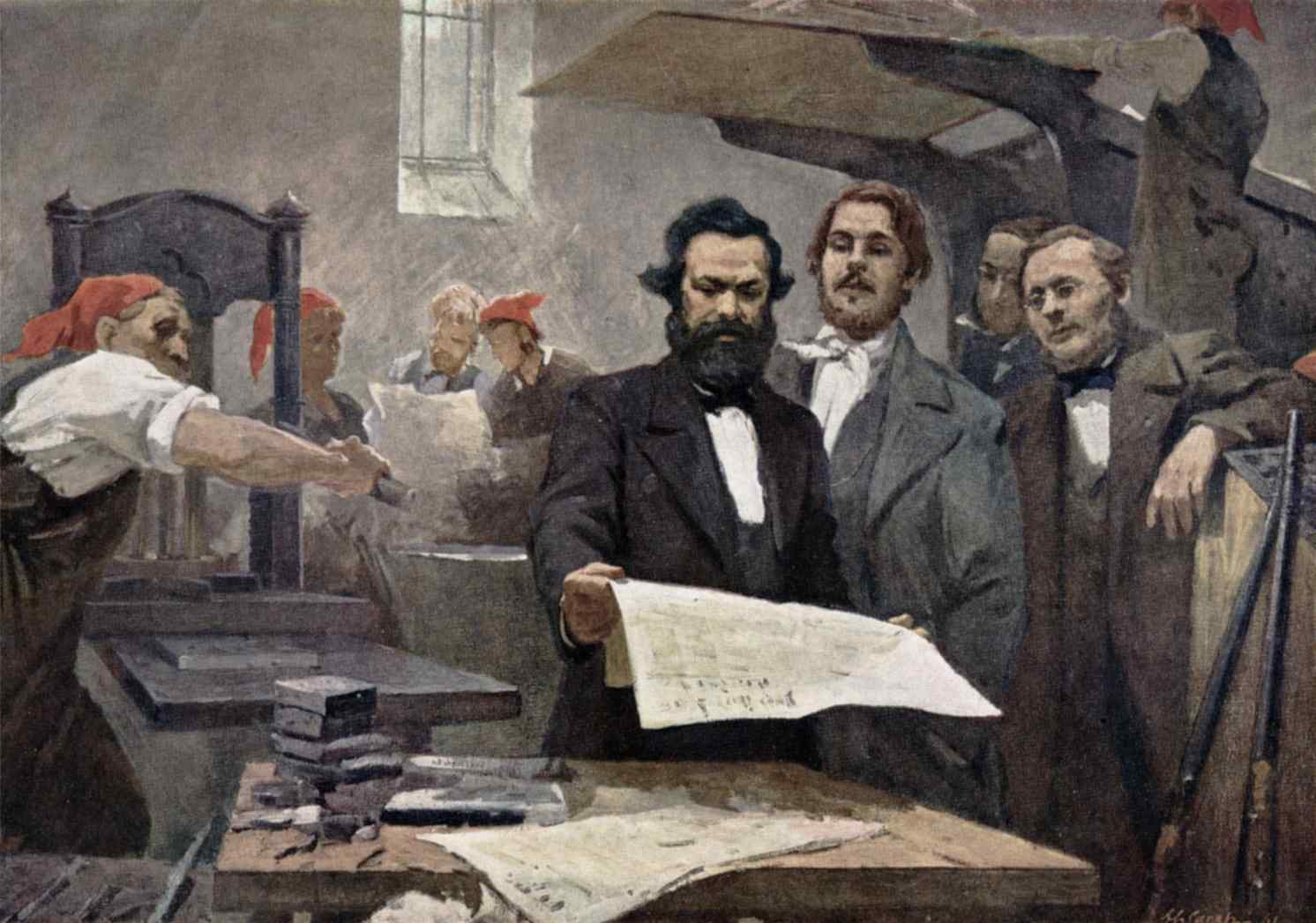Focus Question:
What are the productive resources (natural, human, capital) and why they are necessary for the production of goods and services?
Click here for some maps that explore the World's resources by country.
Natural Resources Maps – Explore the World's Wealth
Businesses need a combination of the factors of production. The four factors of production are land, labor, capital, and entrepreneurship.
- Land is any natural resource.
- Labor includes the efforts of workers.
- Capital includes any man made goods used to produce other goods. Capital is sometimes divided into physical and human categories.
- Physical capital includes things like factories, machines, tools, etc.
- Human capital includes knowledge and special skills related to job performance.
Steve Jobs introducing the iPad, January 27, 2010

- Entrepreneurship is the practice of combining the other factors of production to create goods and/or services.
For a more in depth explanation, watch this video: Productivity and Growth: Crash Course Economics #6
In a capitalist or free market system, an entrepreneur is someone who recognizes profitable ways to organize land, labor and capital.
Marx and Engels at the Rheinische Zeitung (1848)

Marxism and Socialism
Karl Marx believed that economic systems would all eventually follow the same evolutionary trajectory.
- Under feudalism and capitalism the means of the production are owned by a few wealthy elites.
- Under socialism and communism, the means of production are seized by the people, theoretically creating a more equal system.
.png) Cross-Link to Robert Owen and Karl Marx and their Challenges to Capitalism
Cross-Link to Robert Owen and Karl Marx and their Challenges to Capitalism
Slavery was an economic system which much of the world has historically exploited. Under it, entrepreneurs (slave owners) own the land, the labor (people which they've enslaved), and the capital.
In economics, there’s a popular theory referred to as “kicking away the ladder,” which refers to the idea that rich, powerful nations exploited questionable economic practices (slavery, environmental exploitation) in the past in order to make their way to their current level of power, but now these same countries seek to restrict smaller nation’s use of such practices.
- Essentially, it means that weak nations can never possibly achieve the economic prosperity of their wealthier counterparts because the same means of wealth development are not available to them.
 Learning Plan: The Productive Blues (Jeans)
Learning Plan: The Productive Blues (Jeans)
Work Sheet: Factors of Production
Overview of Productive Resources
Student-Written Example
How does a local, family-owned pizza parlor use all four factors of production?
- They use tomatoes and flour, which count as land.
- They use cooks and delivery drivers which count as labor.
- They use ovens and cash registers that count as physical capital.
- When they train new employees who learn new skills they add to their human capital.
- And the owner counts as an entrepreneur because he organizes all of these resources to produce pizzas.
 Standardized Test Items and Samples of Student Work
Standardized Test Items and Samples of Student Work
1.) Which of these is not a factor of production?
a.) land
b.) money
c.) labor
d.) physical capital
2.) Taking an economics course in high school may increase the value of which factor of production?
a.) physical capital
b.) land
c.) human capital
d.) the stock market
Answers to Multiple Choice Assessment Questions: 1=B , 2=C
Link to a Youtube video describing productive resources
In economics, there’s a popular theory referred to as “kicking away the ladder,” which refers to the idea that rich, powerful nations exploited questionable economic practices (slavery, environmental exploitation) in the past in order to make their way to their current level of power, but now these same countries seek to restrict smaller nation’s use of such practices. Essentially, it means that weak nations can never possibly achieve the economic prosperity of their wealthier counterparts because the same means of wealth development are not available to them.
Comments (0)
You don't have permission to comment on this page.